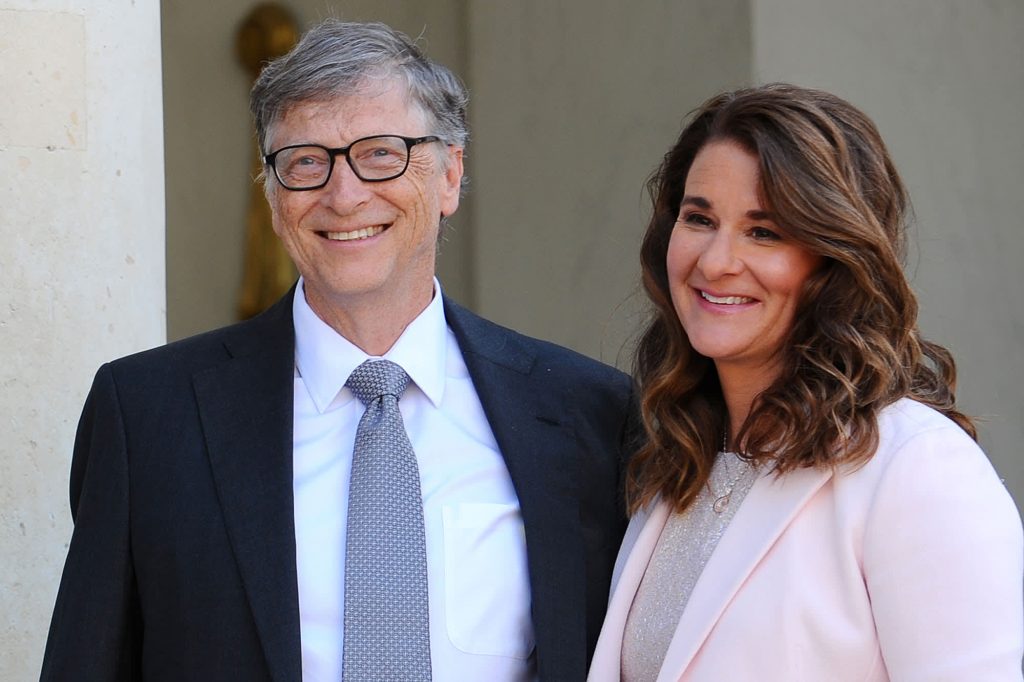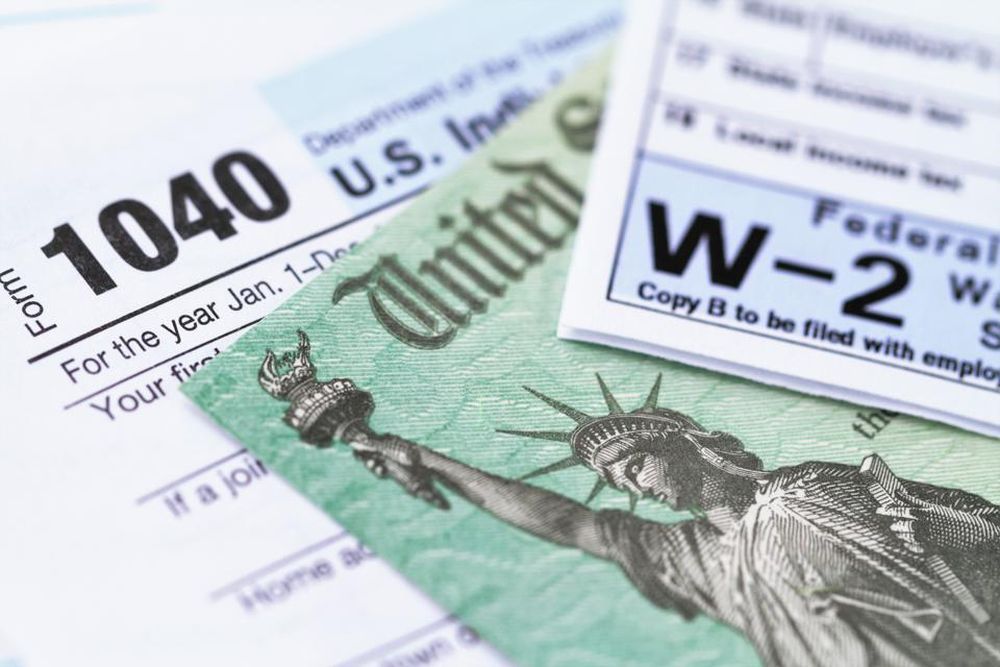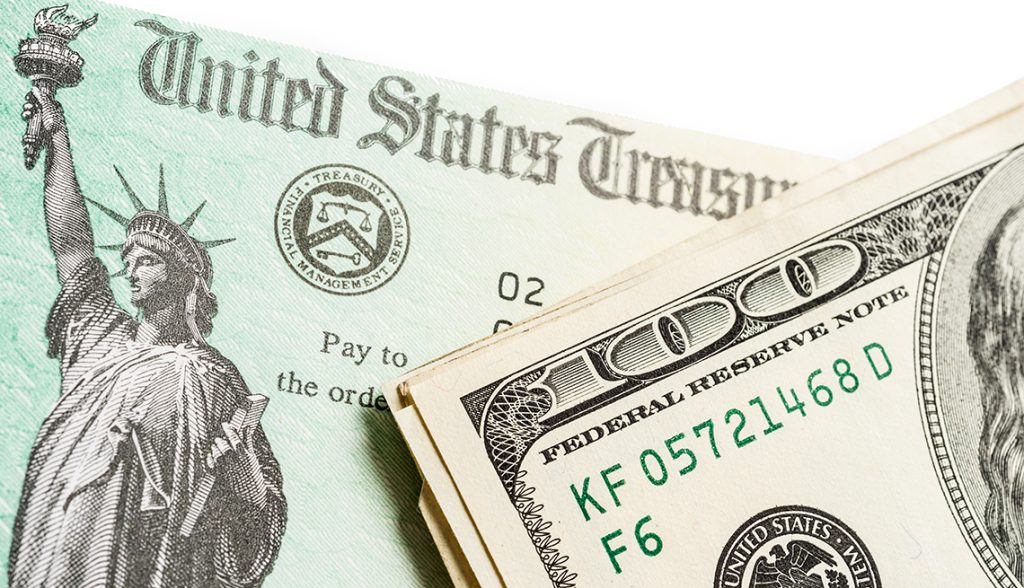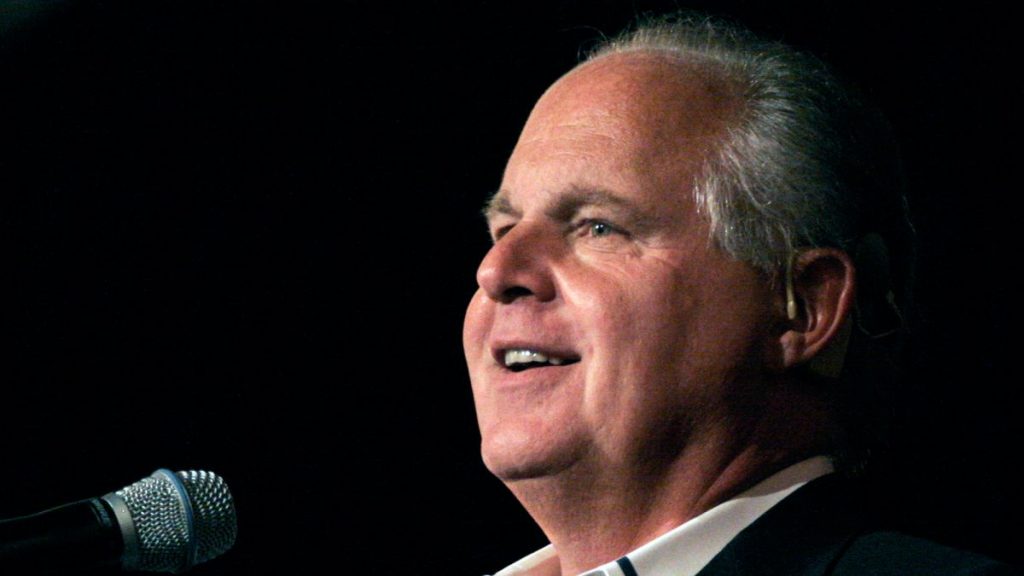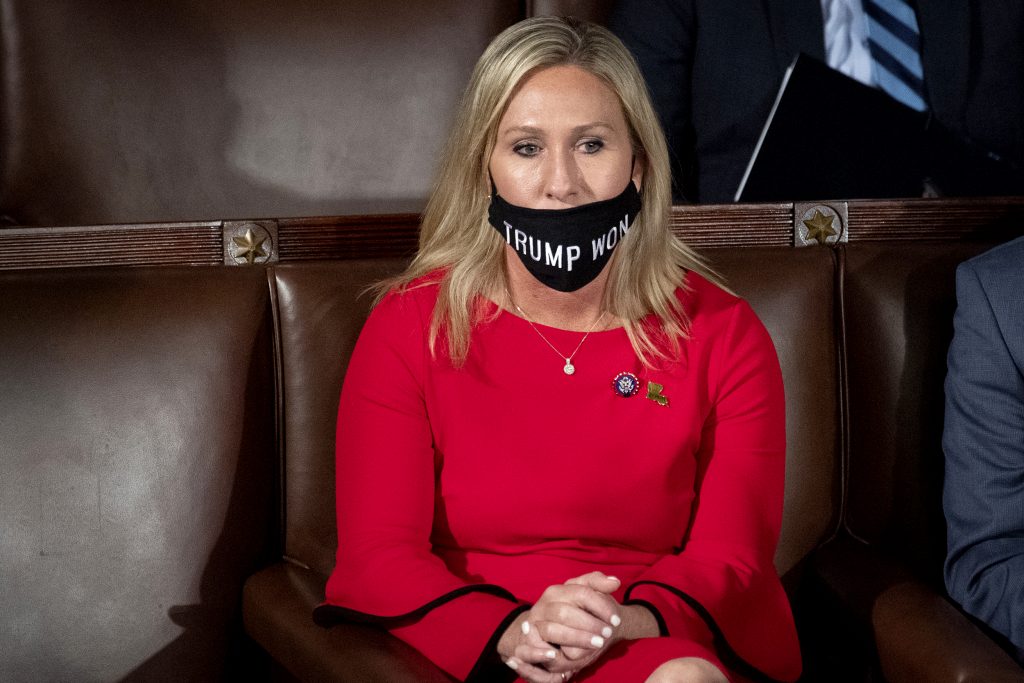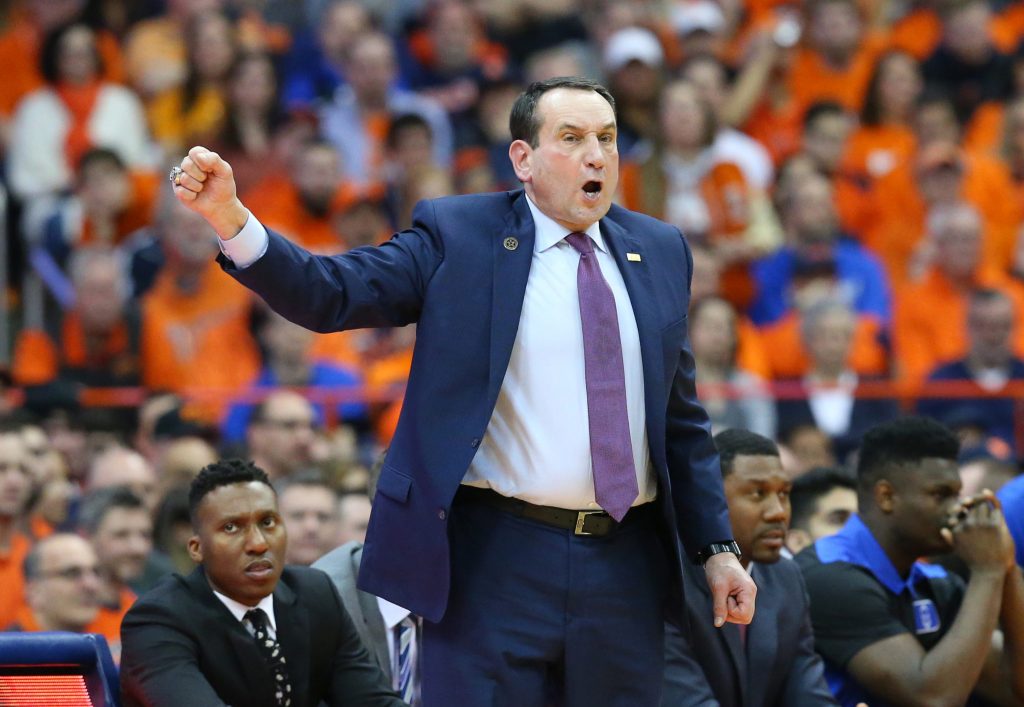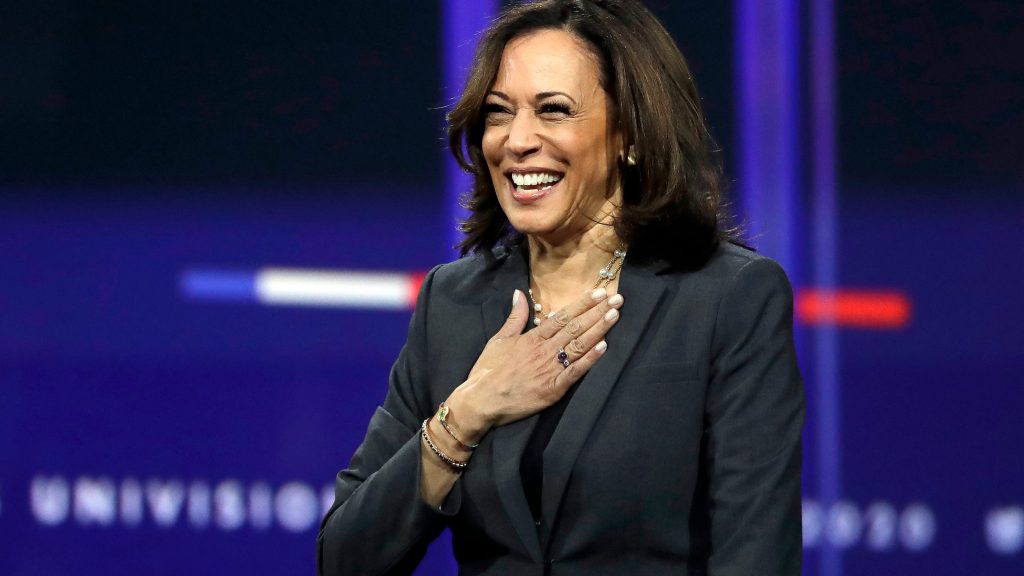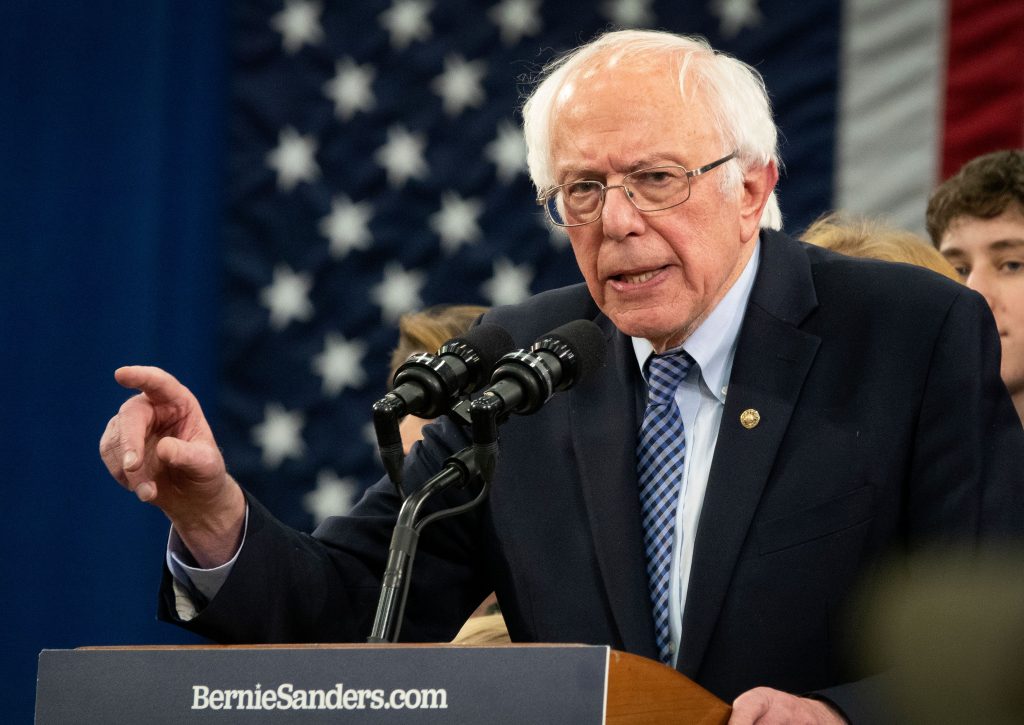Blog
Bill Cosby Will Be Released After Sexual Assault Conviction Is Overturned by Pennsylvania Supreme Court
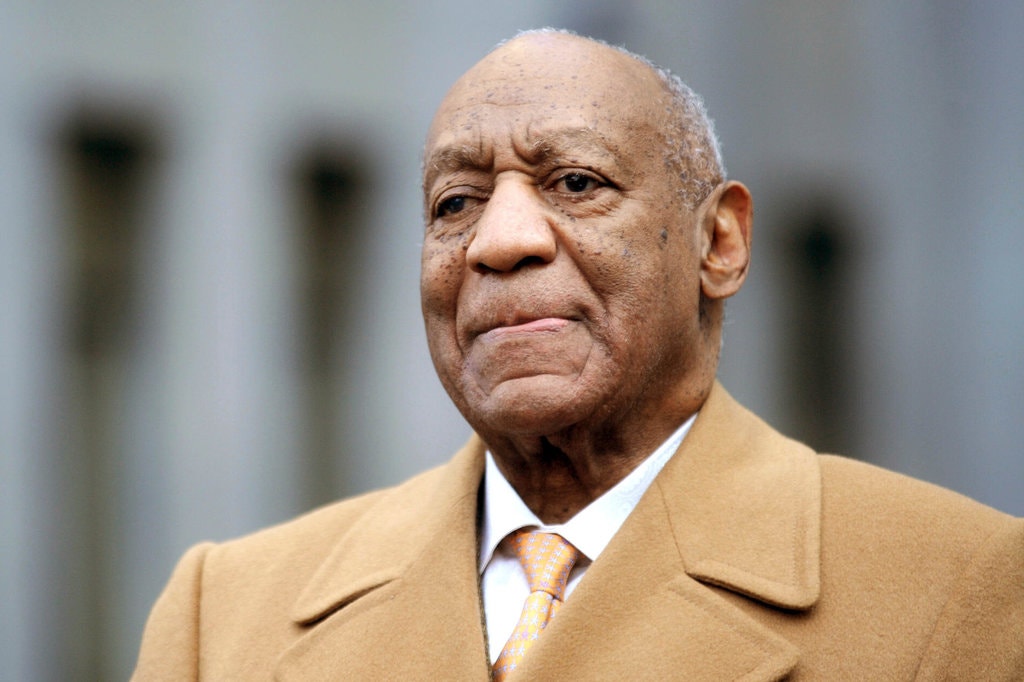
Pennsylvania’s Supreme Court vacated the sexual assault conviction of Bill Cosby on Wednesday and ordered his release from prison after finding that he was denied protection against self-incrimination.
The court said that a prosecutor’s decision not to charge Cosby, 83, opened the door for him to speak freely in a lawsuit against him — and that testimony was key in his conviction years later by another prosecutor.
Cosby was convicted in 2018 of drugging and sexually assaulting a woman in 2004, and was serving a three- to 10-year sentence. He has served two years of the sentence.
The state Supreme Court said Cosby cannot be retried on the same charges.
“When an unconditional charging decision is made publicly and with the intent to induce action and reliance by the defendant, and when the defendant does so to his detriment (and in some instances upon the advice of counsel), denying the defendant the benefit of that decision is an affront to fundamental fairness, particularly when it results in a criminal prosecution that was foregone for more than a decade,” the high court ruled.
“For these reasons, Cosby’s convictions and judgment of sentence are vacated, and he is discharged.”
It was not immediately clear when Cosby would be released from SCI Phoenix, where he’s currently housed as inmate No. NN7687.
“The Pennsylvania Department of Corrections is in receipt of today’s court decision,” a Department of Corrections representative said. “Work is underway to complete the necessary paperwork, and Mr. Cosby will be released as soon as practical.”
The entertainer once dubbed “America’s Dad” was sent to state prison following his 2018 conviction for drugging and sexually assaulting Andrea Constand.
She testified that Cosby assaulted her at his Pennsylvania home in 2004 after she came to him for career advice.
But Bruce Castor, the Montgomery district attorney at the time, declined to press criminal charges against the famed comedian and actor, “thereby allowing Cosby to be forced to testify in a subsequent civil action,” according to the high court.
“Unable to invoke any right not to testify in the civil proceedings, Cosby relied upon the district attorney’s declination and proceeded to provide four sworn depositions. During those depositions, Cosby made several incriminating statements,” according to the high court opinion.
“D.A. Castor’s successors did not feel bound by his decision and decided to prosecute Cosby notwithstanding that prior undertaking. The fruits of Cosby’s reliance upon D.A. Castor’s decision — Cosby’s sworn inculpatory testimony — were then used by D.A. Castor’s successors against Cosby at Cosby’s criminal trial.”
By NBC News



